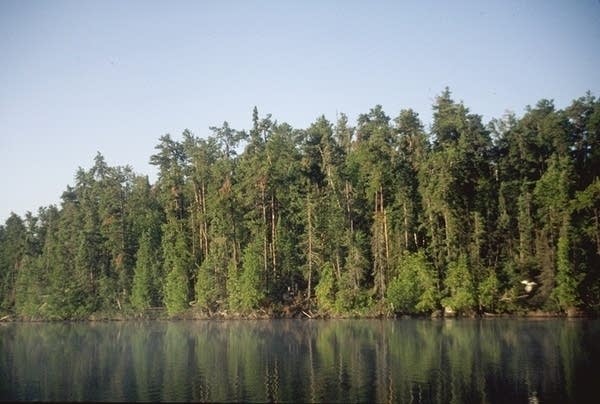Expert says climate change impacting northern Minn. forests
Go Deeper.
Create an account or log in to save stories.
Like this?
Thanks for liking this story! We have added it to a list of your favorite stories.

A University of Minnesota forestry expert says global warming and other stressors will dramatically change the state's northern forests, leaving much of the state a prairie.
Lee Frelich said it's not just the higher temperatures and drought, it's also more straight-line wind storms, fires, the booming deer population, and plagues of pests both native and exotic. They'll all push the range of balsams and birches as much as 300 miles north.
Frelich's predictions appear in the current issue of Frontiers in Ecology and the Environment.
Frelich said we should do what we can to slow down climate change.
"Trees live a long time, they can't change as fast as birds that can fly further north in a few hours; trees can't do that so they need a longer time to adapt," Frelich said.
He said more carbon dioxide in the atmosphere will not help trees grow enough to counterbalance the negative impacts of climate change.
Turn Up Your Support
MPR News helps you turn down the noise and build shared understanding. Turn up your support for this public resource and keep trusted journalism accessible to all.



